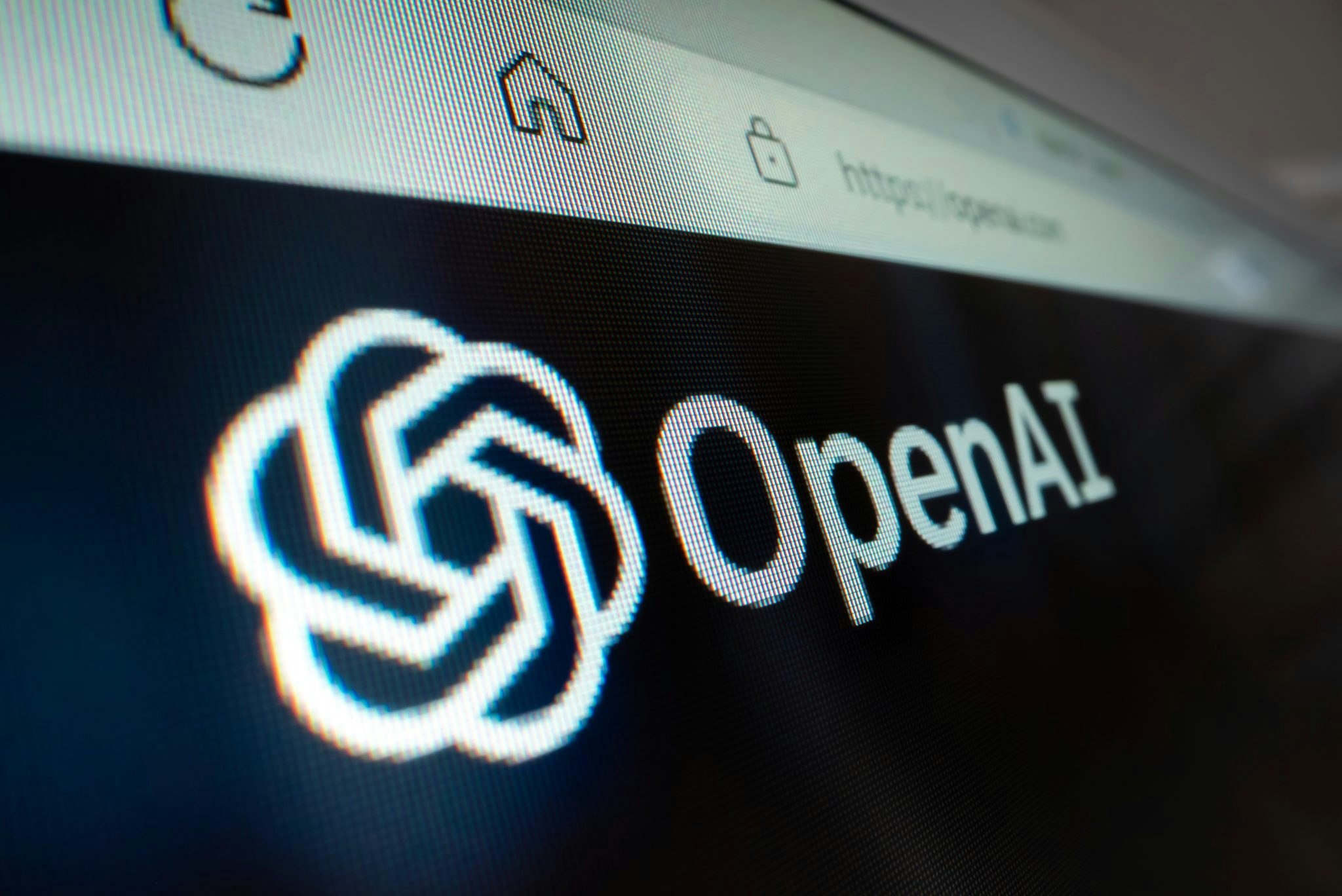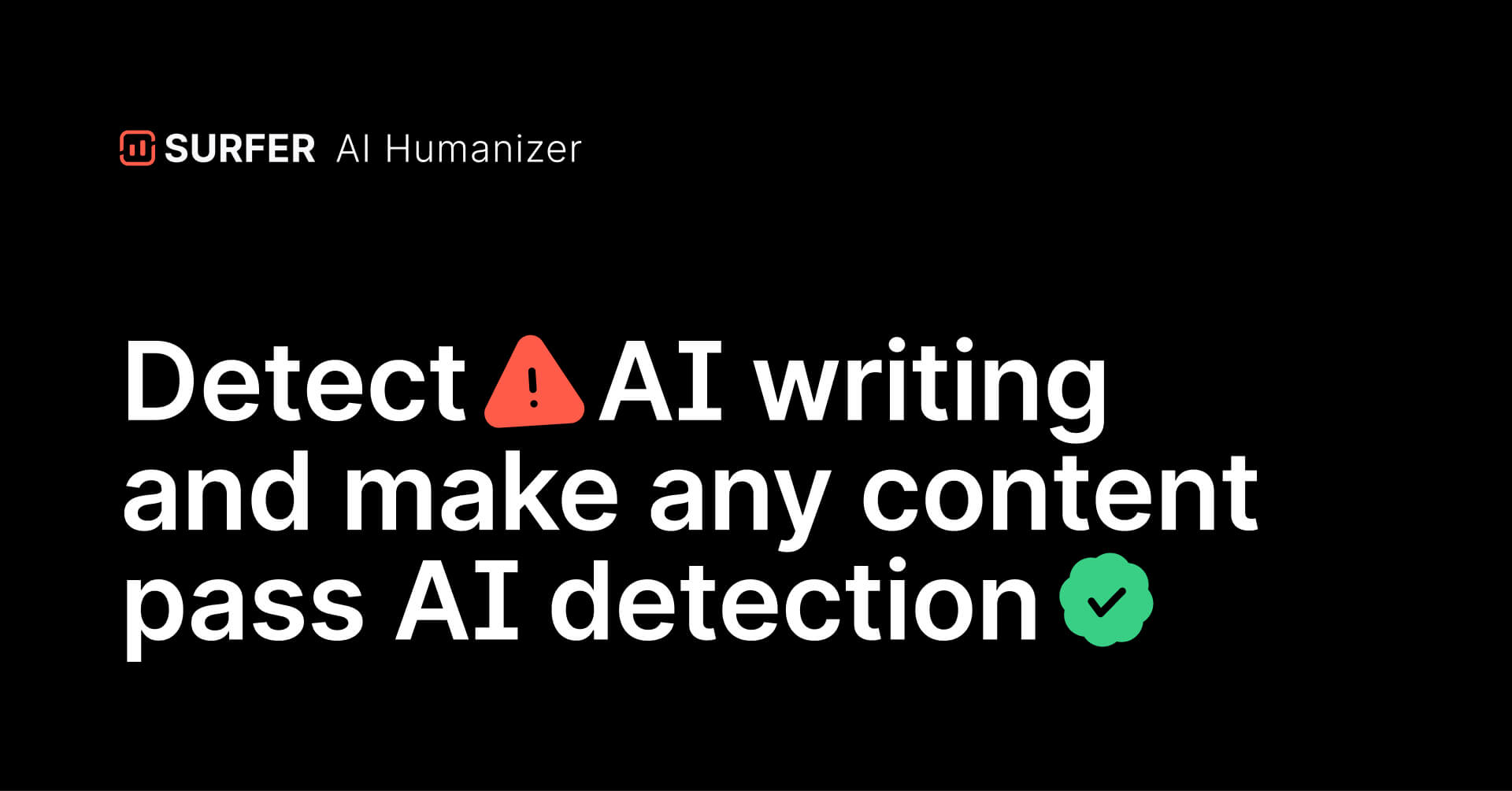- The SEOs Diners Club
- Posts
- 🔥 The SEOs Diners Club - Issue #121 - Weekly SEO Tips & News
🔥 The SEOs Diners Club - Issue #121 - Weekly SEO Tips & News
Here are the weekly SEO insights for the SEOs Diners Club members.

Welcome to another insightful week with The SEOs Diners Club newsletter. Leveraging over a decade of SEO expertise, I aim to distil the week's most critical developments into a concise read that will take less than seven minutes. Let's dive into the insights that matter.
AI-Generated Content: The Dangers of Overreliance
Artificial intelligence (AI) tools in content production are rapidly increasing. However, over-reliance on these technologies can pose some serious drawbacks.

AI-Generated Content: The Dangers of Overreliance
This week, I want to emphasize why content production with AI should be handled carefully.
In the past weeks, I mentioned attending an online course called Fundamentals of Generative Artificial Intelligence. I took the course to learn the working principles of LLM (Large Language Models) supported artificial intelligence tools, especially ChatGPT, and to become aware of the ethical and moral responsibilities I should pay attention to when using these tools.
After attending the course, I concluded that we should not trust the outputs of these tools 100 per cent, and I took it upon myself to warn you. I realized that writing using these tools, in particular, is not a good idea, even if you write the best prompt in the world.
These tools write based on the data sets they are taught, considering statistical probabilities. ChatGPT may fascinate you when you write about a subject you know nothing about, but it creates an article based on the information and statistical calculations it has learned. He probably does the same to thousands of people like you.

LLMs encode language as tokens. Tokens can be words or parts of words. For example, in GPT-3, the English word “the” takes 262 as a determiner, and “cat” takes 464. LLMs are not information retrieval systems, nor are they deterministic. Instead, they produce random outputs based on a probability distribution. Advanced search engines such as Google can easily decipher the patterns in the articles produced by these tools and reduce the value of the pages containing that content.
It would be more logical to use these tools not to write an article from scratch but to create a content structure, summarize and analyze existing articles, and identify the most critical points. For example, this is how I analyze the articles I choose when creating this newsletter. I don't have to read them all one by one.
Below, I have examined in more depth the drawbacks of a content production process that is overly dependent on these tools.
Brand Consistency and Tone of Voice
AI-generated content often fails to reflect your brand's unique tone of voice and values. AI models learn from large data sets and, therefore, can lack specificity. For example, as a brand, you may want to highlight things your customers value—supply chain transparency, carbon footprint, etc. AI-generated content may fail to capture these subtle nuances, weakening your brand identity and decreasing customer loyalty.
Repeated and Incorrect Information
AI tools cannot generate new knowledge; it simply rearranges existing information. It is expressly limited by the quality of the datasets on which AI models are trained. Additionally, AI can sometimes produce erroneous information called “hallucinations.” It can damage your brand's credibility and lead to misinformation among your users. Google's algorithm updates have become even better at detecting duplicate and unoriginal content. Therefore, AI-generated content may have adverse effects on search engine results.
EEAT Principles
Google's EEAT (Expertise, Competency, Credibility and Experience) principles play an essential role in evaluating the quality of content. AI-generated content often falls short of meeting these principles. Expertise and reliability rely on the human touch and in-depth knowledge. AI-generated content cannot provide this depth and unique perspective.
AI tools can be helpful for specific tasks, but over-reliance on content production can harm your brand's tone of voice, credibility, and authenticity. By using AI carefully and limitedly in your content strategy, you should focus on delivering the most valuable and authentic information for your users. It's best to view AI as a tool to increase efficiency and automate repetitive tasks.
My recommendations:
Produce Your Content: Use AI as an auxiliary tool, but produce the main content yourself.
Maintain Your Brand Voice: Tailor AI-generated content to fit your brand voice.
Prioritize Quality: Produce content that complies with Google's EAT principles.
Conduct Regular Moderation: Regularly review AI-generated content and correct it as necessary.
With this approach, you can maintain your brand's credibility and authenticity while leveraging the potential of AI. Creating a GPT accompanied by a spelling or style guide can produce good results if you want artificial intelligence to deliver content. I tried this on my GPTs and found it produced excellent results. For example, you can make much higher quality content by teaching a PDF file containing the spelling rules of the Turkish Language Association to your GPT. Of course, it should be published on your site after being reviewed by an expert. If you wish, consider the AI + Human service of ContentGO.
You can humanize your artificial intelligence content by using the tool in the next heading for free 🙂
Surfer SEO's Free AI Content Detector and Humanizer
This week, I want to tell you about a great innovation: Surfer SEO's Free Artificial Intelligence Content Detector and Humanizer!
Surfer SEO is here with its new AI Detector and AI Content Humanizer (AI Humanizer for short).
This free tool helps you detect AI-generated content and humanize it.

The free version has a 500-word limit, but if you have a Surfer account and do not have an active subscription, this limit increases to 5,000 words. Surfer users can benefit from this service for up to 50,000 words per month.
Google Leak Confirms the Importance of Author and Publisher Presence in SEO
Google's May 2024 leak highlights the importance of optimizing author and publisher assets in SEO strategies. With Jason Barnard's analysis, we shed light on the future of SEO.
I reviewed the article Jason Barnard published on Search Engine Land this week. The article discusses a leak from Google that confirms the importance of author and publisher assets in SEO.
To explain in detail what is described in the article, SEO has focused on website and content optimization for many years. But now he needs to add two new layers to his SEO efforts: the website owner (publisher) and the content creator (author). These allow Google to evaluate each relevant asset and trust the brand, giving each asset a kgmid and a place in Google's Knowledge Graph.
According to Jason Barnard, KGMID (Google Knowledge Graph ID) is a unique identifier for entities in Google's Knowledge Graph. Each Knowledge Panel contains a KGMID in Google SERPs (Search Engine Results Pages), which can be considered the identity of the Knowledge Panels. KGMID helps Google distinguish between similar or different entities with the same name and represents a specific Named Entity.
Finding the KGMID is vital for several reasons, including SEO optimization and custom entity identification. Google uses the Knowledge Graph to create search features such as Knowledge Panels, Featured Snippets, or other SERP features. By better understanding and potentially improving your brand's Knowledge Graph data (via your KGMID), you can influence these search attributes and ultimately achieve higher visibility.
A simple method to find KGMID is to use the “Share” feature in the Google Knowledge Panel. You can see the KGMID by doing a Google search, and if a Knowledge Panel appears, click the three-dot “burger” menu at the top of the “share” icon within the panel. It will open a small window with a URL, and you can find the KGMID by looking for a string starting with “/g/” or “/m/” in that URL.
The Google leak confirms that the search engine can recognize content creators and website owners and evaluate their trustworthiness. It presents an excellent opportunity for SEO. SEO's new approach should be like this:
Tier: Continue optimizing website content with traditional SEO. This will drive traffic to the website and convert visitors.
Layer: Optimize website owner (publisher). The “isPublisher” element in the Google leak is directly attributed to changes in the Search Quality Evaluator guidelines between December 2022 and September 2023.
This new approach will contribute to broad business digital marketing goals such as customer acquisition and sales by providing a holistic SEO strategy that will thrive and survive Generative AI results. Jason Barnard's expertise and data-based approach on this subject are valuable guides for SEO professionals.
Free Gemini Prompt Guide from Google: Prompting Guide 101
Google has published a "Prompting Guide 101" guide to increase productivity and creativity using artificial intelligence features for Google Workspace.
The guide aims to provide Google Workspace users with the basic skills to create adequate instructions with the AI assistant Gemini.

The guide outlines four main areas to consider to write an effective prompt:
Persona: Indicating to the AI assistant that it is in a specific role.
Task: Clearly articulate what you want the AI to do.
Context: Providing necessary details as to why the instruction was given.
Format: Specify the format in which you wish the instructions to be.
The guide includes practical examples and tips on using it in applications such as Gmail, Google Docs, Google Sheets, Google Meet, and Google Slides. In addition, particular usage scenarios are offered for different business lines, such as customer services, marketing and project management. It is emphasized that users can achieve better results by using natural language, giving specific and short instructions, improving their instructions through an iterative process and reviewing the results. This guide aims to help users perform their work more efficiently and effectively.
Apple and ChatGPT Integration: Apple Intelligence (AI)
Apple is integrating ChatGPT into Siri and other system features. Explore impacts on publishers and content discoverability.
Apple's AI push includes integrating ChatGPT into Siri, writing tools, and rendering features. This makes generative AI more accessible to users. However, there are concerns about this integration's impact on content creators, publishers, and content visibility.

Important points:
Integration of ChatGPT into Siri: Apple integrates the ChatGPT bot developed by OpenAI into Siri, allowing users to enjoy the benefits of AI.
Content Visibility and Discoverability: While Siri and other AI-powered features better understand the content and offer targeted recommendations, they risk prioritizing some content types or sources over others.
Control and Transparency Concerns: AI-driven recommendations and content curation raise questions about the level of control and transparency.
Closed Ecosystem Potential: Apple can prevent users from straying outside its ecosystem by providing them with personalized and context-aware experiences.
Accessibility: Apple's new AI features will be free for users, and ChatGPT subscribers can link their accounts to access premium features.
Google Provides Merchants with New Data on Shopping Search Performance
Google offers product listing performance data to sellers in the Search Console. This innovation can help merchants optimize their Google shopping visibility.
Google has added a new feature to the Search Console, providing product listing performance data to e-commerce sites.
New to Search Console Performance report 📢 you can now see merchant listings performance in the Google Search Image tab. Learn more about Shopping reports and tools at support.google.com/webmasters/ans…
— Google Search Central (@googlesearchc)
1:08 PM • Jun 10, 2024
This feature provides metrics that show how visible products are on Google's shopping surfaces. Sellers can now access this data from the “Performance” report under the “Google Search Display” tab.
Recommended Tools & Services
WhitePress: WhitePress is a content marketing platform that enables accessible article publishing across 90,571 websites in 30 languages, offering native copywriting and automated global publication services.
Cannibalization Explorer Looker Studio Report is a tool for identifying keyword cannibalization and providing insights into how keywords perform across different pages.
SurferSEO is a tool that helps you create and optimize content for SEO. It analyzes the top-ranking pages for your target keywords and gives you suggestions on how to improve your content. Surfer AI also has a feature that can generate ready-to-rank articles in minutes.
Copilot Pro: Copilot Pro is available for $20/month for cloud-based GenAI models and $27/month with Microsoft 365. It is integrated with Microsoft 365 applications and provides access to GPT-4 Turbo and advanced AI rendering tools.
AlsoAsked is a helpful tool that can boost your visibility in the “People Also Ask” section of Google's search engine results page.”
Semrush Map Rank Tracker is a Google-changing tool for local businesses looking to dominate their niche and attract more customers. I've been using the free version for a while now, and I'm impressed with its ease and effectiveness.
ContentShake AI is an intelligent writing tool that combines AI with real-life competitor insights. It guides you from ideation to publishing directly to the blog, generates SEO-friendly articles, and helps you optimize them for organic traffic and engagement.
Microsoft Clarity has recently introduced a feature called Copilot, which incorporates Generative AI through Large Language Models (LLMs) into the analytics tool. This integration aims to make data more accessible and understandable for users by leveraging the same technology created by OpenAI, which powers the new Bing or ChatGPT.
InLinks is an SEO tool that uses a knowledge graph to optimize content for search engines. It automates internal linking and schema markup, simplifying SEO processes and content strategies.
Subscribe to my newsletter to stay informed about the latest in SEO and digital marketing. Next week, I'll continue to share the newest insights, tactics, and strategies for navigating the ever-evolving digital marketing landscape.
Support My Newsletter:
If you find my content valuable, consider buying me a coffee to support my work. Your contribution will help me continue sharing the latest SEO developments. Let's achieve more together!
Best,
Mert Erkal




